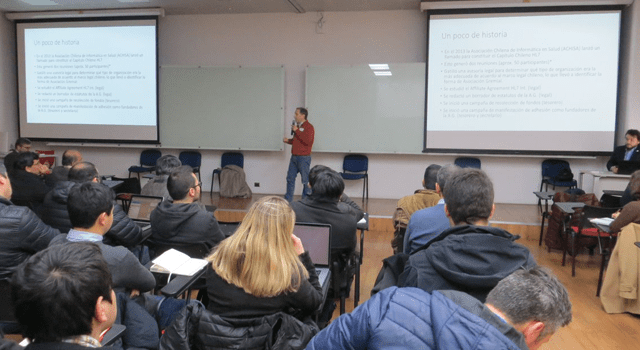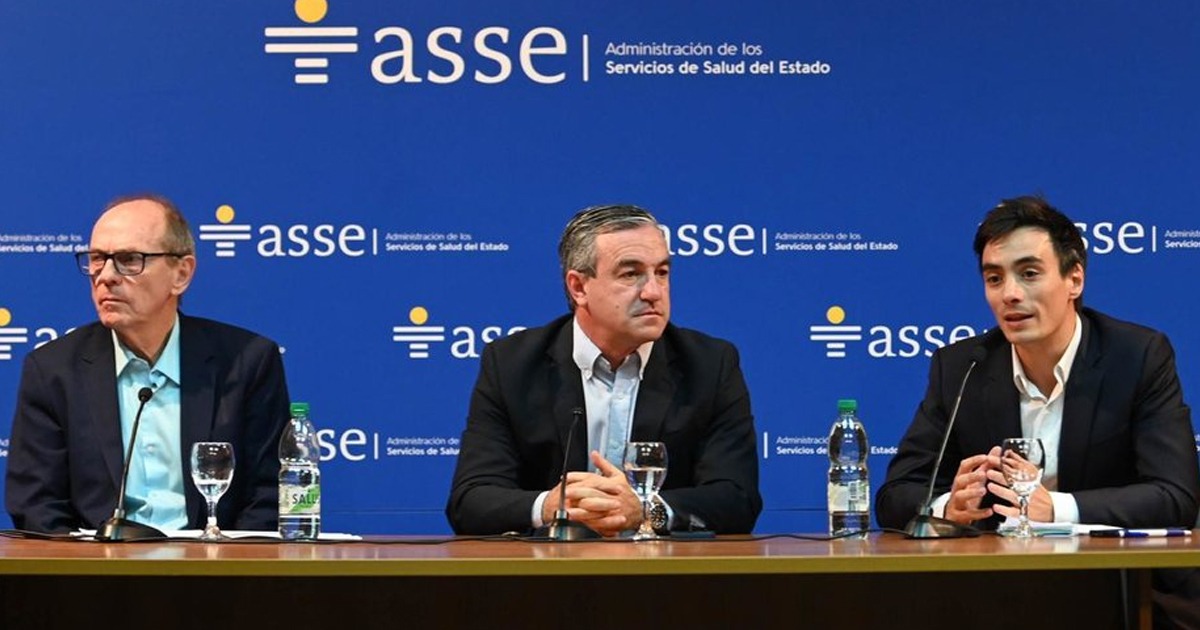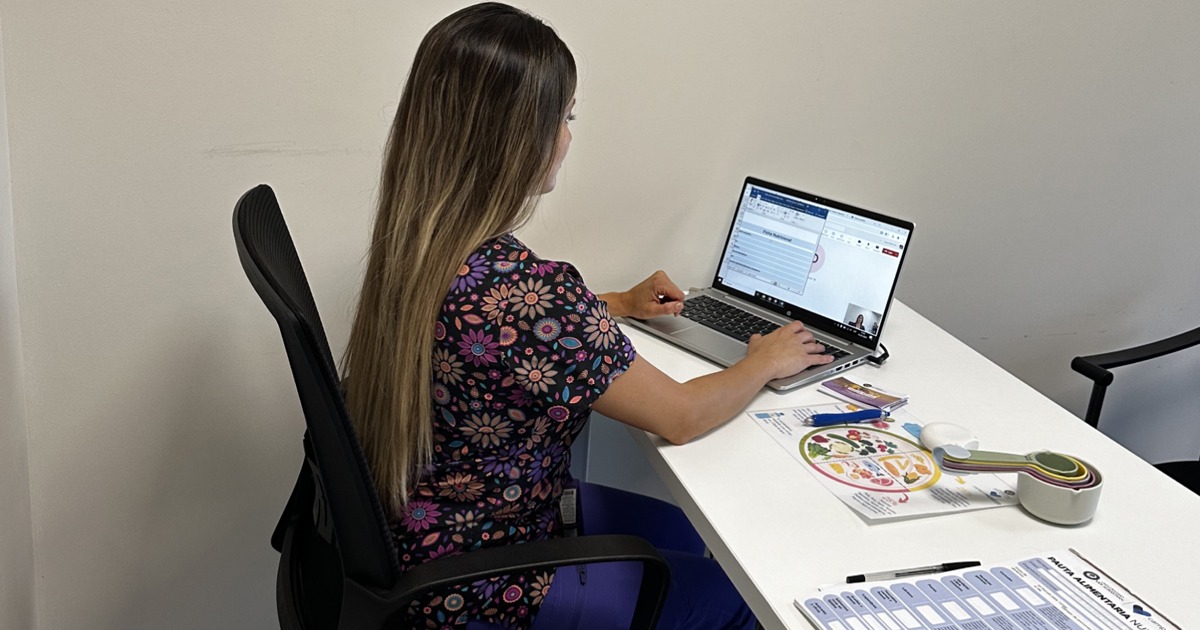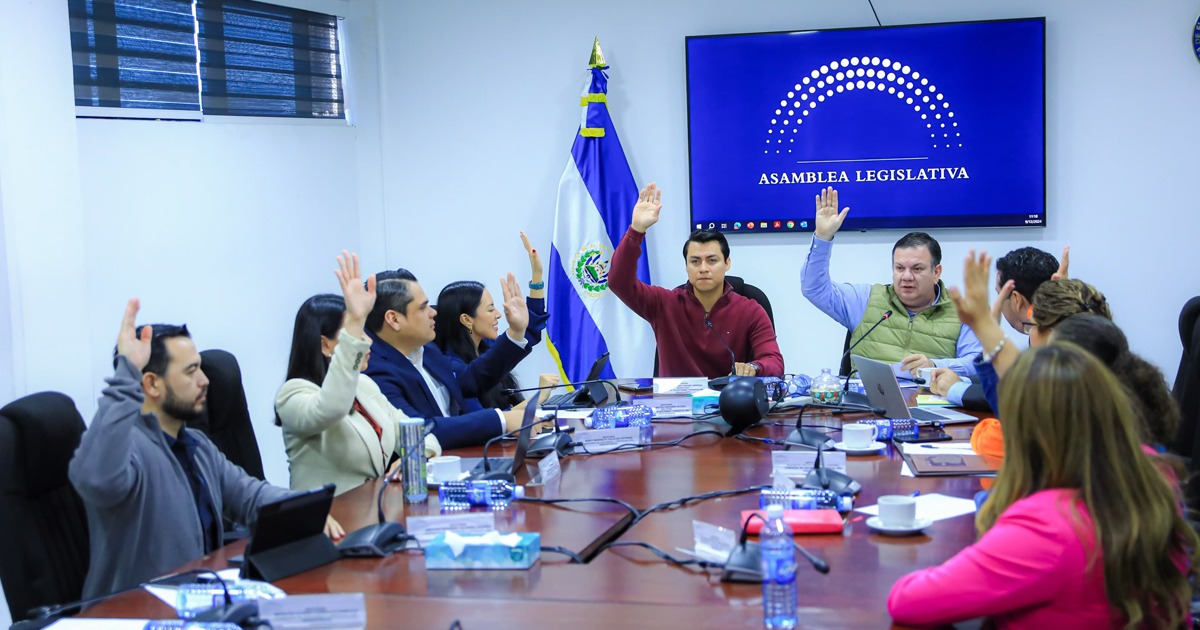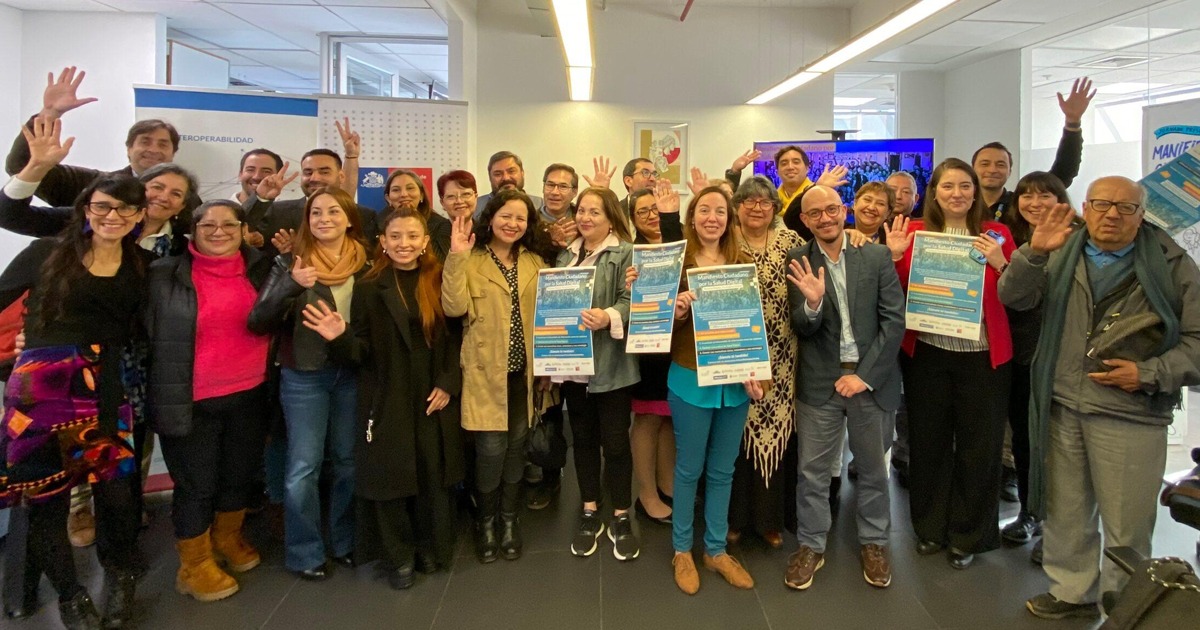Scientists have developed Artificial Intelligence (AI) software to know the health of babies before they are born, and would be able to detect alterations remotely.
Scientists from the National Autonomous University of Mexico (UNAM), the Autonomous Metropolitan University (UAM) and the Institute of Perinatology, developed AI software to determine the health status of unborn babies. In addition, it would be able to work remotely, that is, gynecologists from remote locations take ultrasound images and send them to the Institute of Perinatology, where they would be analyzed by the software to detect alterations.
“The idea is, through image analysis, to produce a diagnosis. For example, blood supply in the fetal brain, with Doppler ultrasound images that directly measure the blood flow in the brain and the software analyzes it, an estimate is made and a comparison can be made of the normal flow against something abnormal, which already the expert will recommend”, explained Fernando Arámbula Cosío, from the Research Institute in Applied Mathematics and Systems (IIMAS).
The software could also analyze a routine measurement of the femur automatically, the same situation with the cranial circumference and the abdomen, which must be measured within the standards to know if the growth is being adequate. Arámbula Cosío explained that they have also developed AI algorithms, capable of improving ultrasound images.
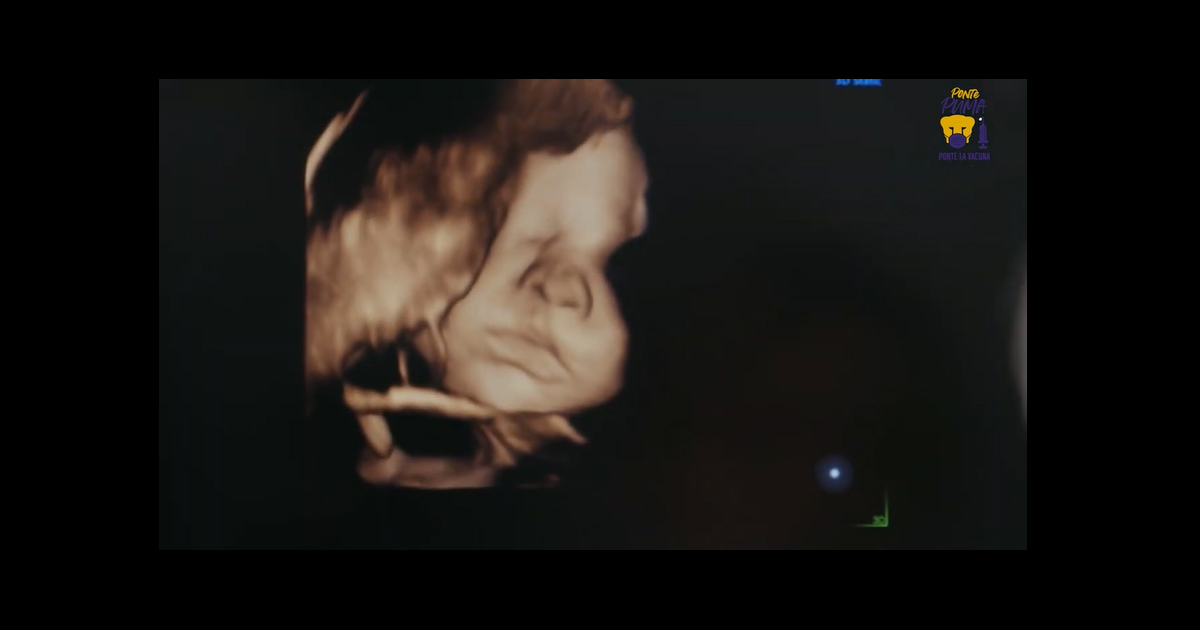
They are currently developing an algorithm that seeks to measure the contractions of the fetal heart. "An algorithm can be trained with normal contractions and when we record the video of a new fetus and see that the curve shrinks and expands, we could detect abnormalities compared to the normal population," explained the specialist.
Regarding this type of innovation and the challenges for its progress, Arámbula Cosío explained that it is necessary to have high-performance computing equipment. The equipment used was donated by the Huawei company at the end of 2020.
Fabián Romo Zamudio, from the General Directorate of Computing and Information and Communication Technologies (DGTIC), recognized the work of the scientists and pointed out the importance of having specialized computer equipment for AI research and development: “With this infrastructure, with support, the experience of researchers and university professors, alternatives can be found for problems from health aspects, combating poverty, food supply, attention to the challenges of climate change. There are many areas in which artificial intelligence can support human development”, he concluded.
